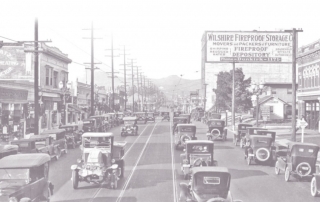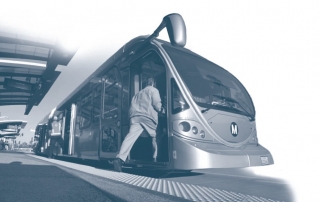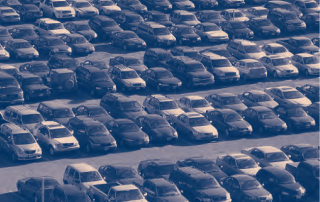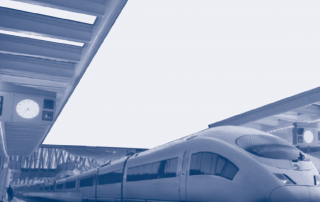Do Cities Have Too Much Parking?
Andrew M. Fraser, Mikhail Chester, Juan Matute, and Ram Pendvala
Minimum parking requirements create more parking than is needed. This in turn encourages more driving at a time when cities seek to reduce congestion and increase transit use, biking, and walking. After nearly a century of development under these requirements, parking now dominates our cities.




